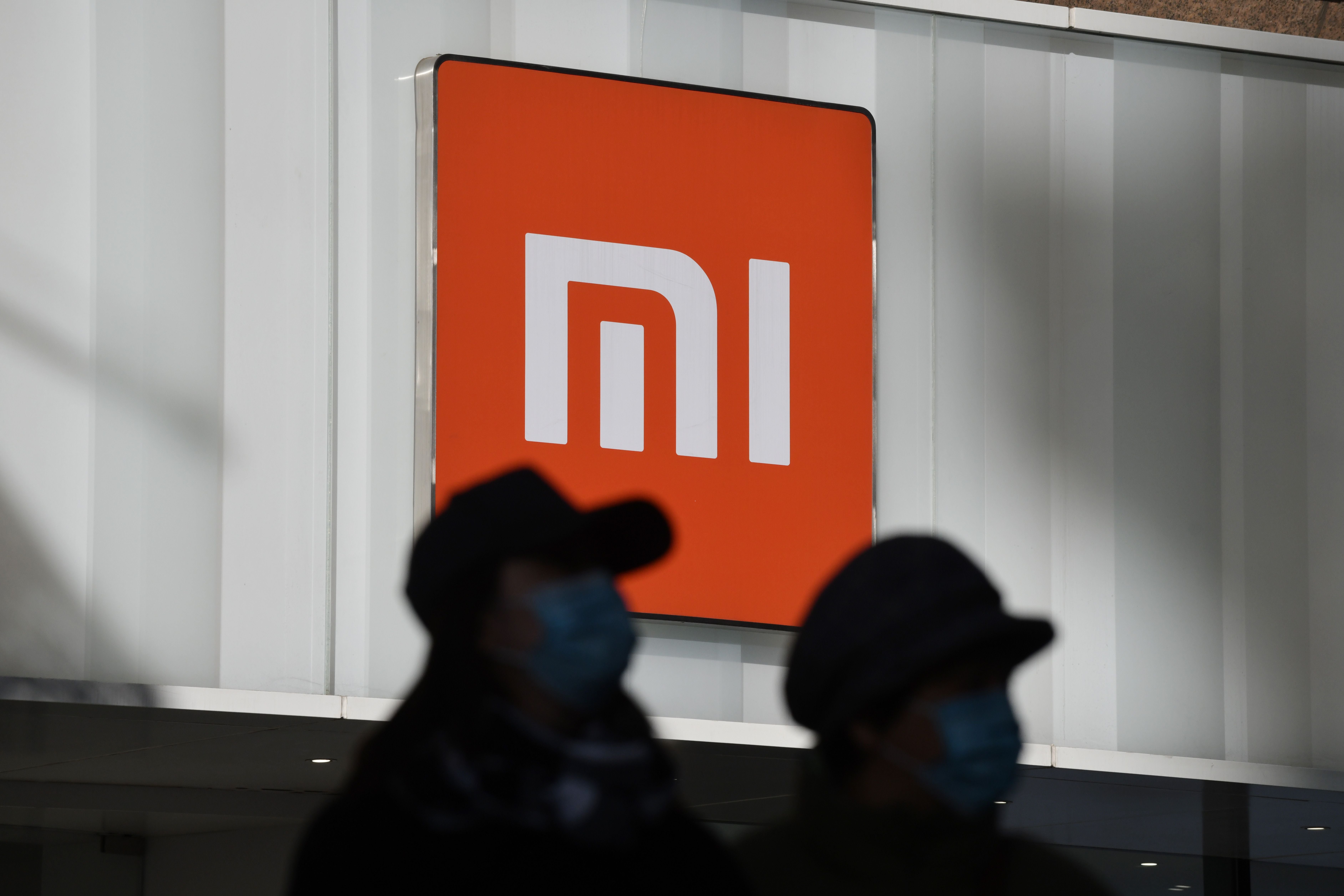Lithuania’s defence ministry advises public to throw away Chinese phones due to censorship fears
Lithuania’s state-run cybersecurity company found flagships phones sold in Europe have the ability to detect and censor terms such as ‘Free Tibet’, or ‘democracy movement’.

Lithuania has advised its citizens against buying Chinese mobile phones following a government report that the devices had built-in censorship capabilities.
The Defence Ministry also recommended people throw away any phones they already have made by the electronics company Xiaomi.
Lithuania’s state-run cybersecurity company found flagships phones sold in Europe have the ability to detect and censor terms such as ‘Free Tibet’, ‘Long Live Taiwan Independence’ or ‘democracy movement’.
Xiaomi insisted its devices neither censor nor restrict the behaviour of its users.
The capability in the Mi 10T 5G phone software has been disabled for devices in the European Union region though can be turned on remotely at any time, the report said.
There are some 449 terms that could be censored currently, with the list continuously updated.
Defence deputy minister, Margiris Abukevicius, said: “Our recommendation is not to buy new Chinese phones, and to get rid of those already purchased as fast as possible.”
The National Cyber Centre report said the phone sent encrypted phone usage data to a server in Singapore - something Xiaomi denies.
A Xiaomi spokesperson told The Independent: “Xiaomi’s devices do not censor communications to or from its users. Xiaomi has never and will never restrict or block any personal behaviors of our smartphone users, such as searching, calling, web browsing or the use of third-party communication software.
“Xiaomi fully respects and protects the legal rights of all users. Xiaomi complies with the European Union’s General Data Protection Regulation (GDPR).”
A security flaw was also found in China’s Huawei P40 5Gphone, whilst none was found in the phone of another Chinese company OnePlus.
Huawei denied its phones sent users’ data externally.
Lithuania’s relationship with China has become strained, with China last month demanding Lithuania withdraw its ambassador from Beijing, while saying it would withdraw its own envoy from Vilnius.
The row was sparked when Taiwan announced its missions in Lithuania would be called the Taiwanese Representative Office. Other European missions use the name of the capital Taipei, so as to avoid referring to the island, which China claims as its own territory.
Join our commenting forum
Join thought-provoking conversations, follow other Independent readers and see their replies
Comments
Bookmark popover
Removed from bookmarks